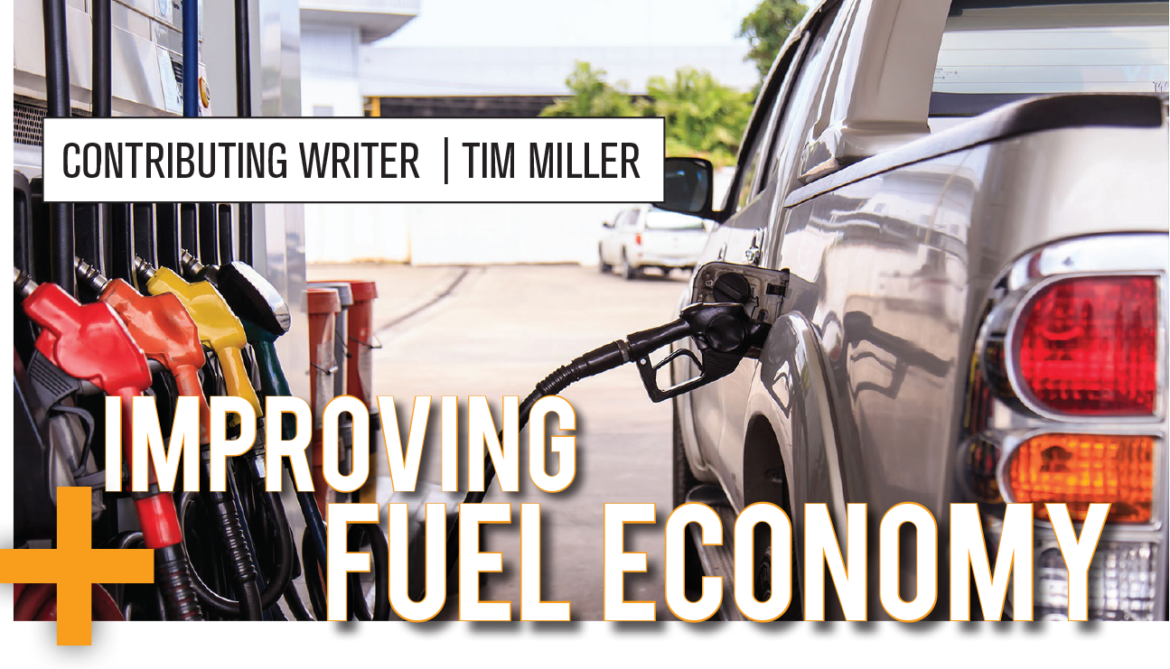During the summer driving season, gasoline prices seem to go down much slower than they go up. Wouldn’t it be nice to lower your fuel costs and have a little extra cash put away to spend on something you want? Sure it would! Here are a few simple tips to help increase your fuel mileage on any vehicle, no matter what you drive.
1.) Check your tire pressures often. Under-inflation is a major factor in premature tire failure and it causes more rolling resistance, which in turn makes your vehicle work harder to travel down the road. Always check the door placard for the correct inflation specifications for your specific vehicle. Tires that are just 3psi low on air pressure can impact your fuel mileage by up to 3mpg. If you have a Hybrid vehicle the impact of low air pressure, or the wrong type of tire, will negatively impact fuel mileage even more.
2.) Don’t ignore the “Check engine” or “Service Engine Soon” light. It’s there for a reason! I hear so many people say, “Oh, that light has been on forever and it still runs fine.” That may be the case now, but the truth is, the light is there to protect powertrain components from damage and alert the driver to a failure of some kind in the powertrain management system. Potential problems impacting fuel economy range from mechanical failures to something as simple as a bad gas cap allowing the fuel in your tank to simply evaporate into the atmosphere.
3.) Have your wheel alignment checked once a year. Some obvious warning signs your alignment needs adjusted are: uneven wear on your tires, the vehicle pulling or drifting to one side or the other, or tires wearing too quickly. Some vehicles require alignment of all four wheels, not just the front ones. Again, a vehicle that does not have proper wheel alignment has increased rolling resistance and lower fuel economy as a result.
There are plenty of other things that can affect your fuel economy. From dragging brakes to jack rabbit starts and stops (yes, part of the problem could be your driving habits). My advice is, have your vehicle serviced regularly. Any good service center can, and will, quickly check all these things when your vehicle is there for routine maintenance. So when your car is trying to tell you something, listen.
-Tim Miller


